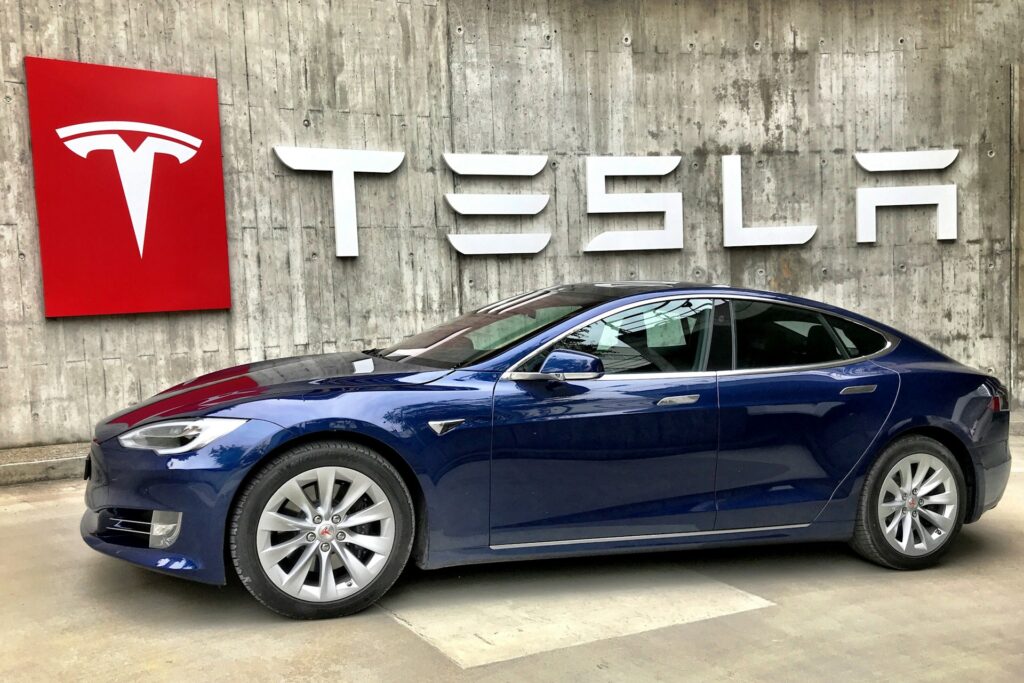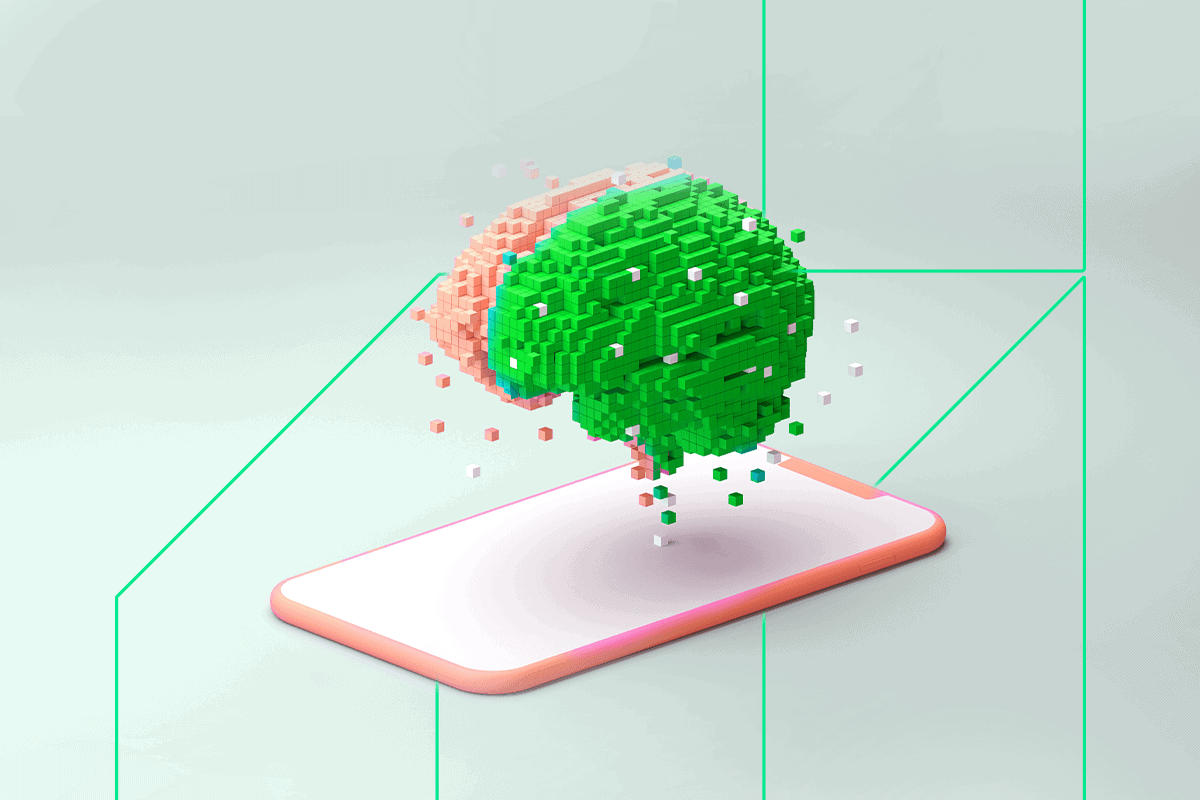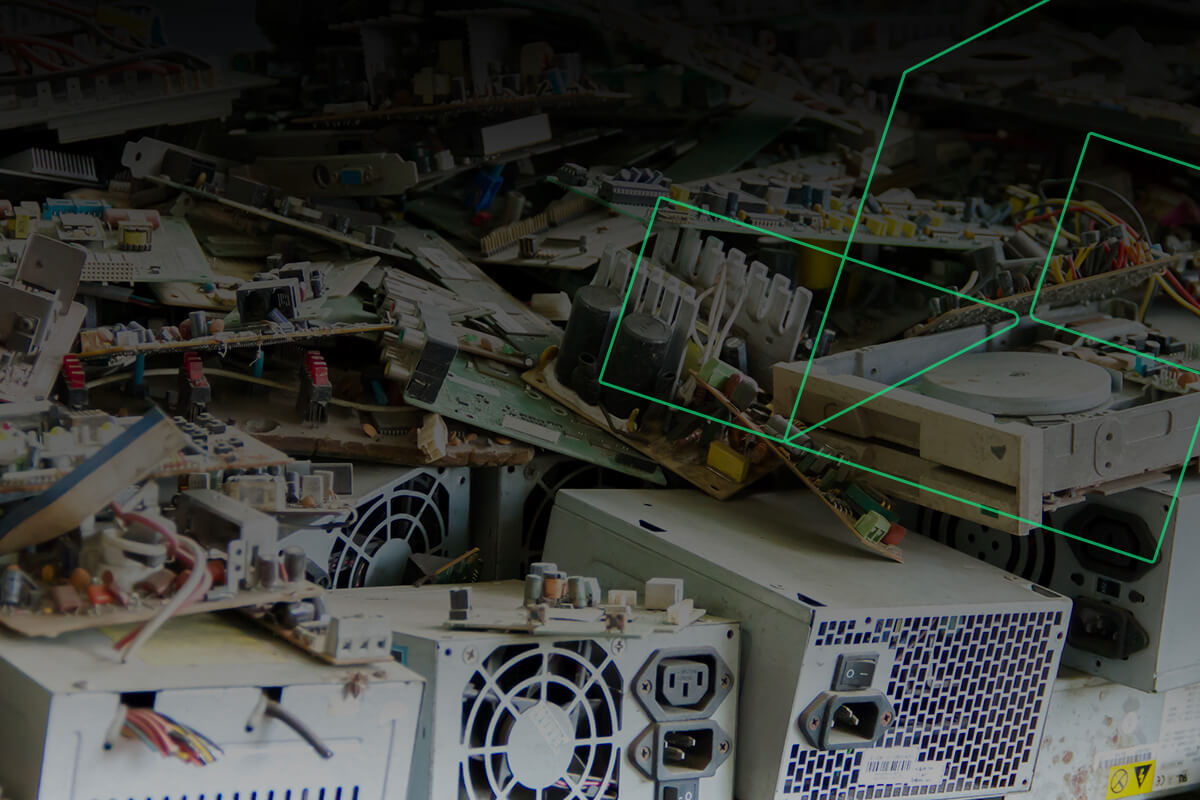Open government data (OGD) is a philosophical and technological approach to cultivating transparency and public trust in governments. All over the world there is a tendency to mistrust governments. This is partly because even in democracies regulators and lawmakers tend to operate in an opaque way.
What Is Open Government Data?
The Organisation for Economic Co-operation and Development (OECD) defines open government data first and foremost as a philosophy. That philosophy encompasses the following tenets:
- Transparency of data-handling practices
- Accountability in lawmaking
- A focus on privacy and security
- Wider availability of value-adding public datasets
Government open-data policies bring advantages for elected officials as well as the public they’re sworn to serve. An effective open-data policy outlining data-gathering, data-use, and data-transmission obligations results in:
- More-competitive national infrastructure
- Greater opportunities for business creation and expansion
- Tools for information-sharing, technological innovation, and big-data analysis
National infrastructure competition is important today due to globalization and the constant threat of data exploitation by businesses and hackers. Businesses and individuals wish to live and do business in territories that take privacy, security, and wise technology governance seriously.
The OECD maintains its “OURdata Index” — a ranking of national competitiveness on the quality of their open government data policies. It’s based on three factors: the openness, usefulness, and reusability of public data.
Korea, France, Ireland, Japan, and Canada round out the top five slots. The United States ranks fourteenth and joins Poland, Norway, and the Czech Republic at just slightly above the OECD average.
What Is the Importance of Open Government Data?
Committing to open governance data provides vast benefits in the era of ubiquitous computing, but it brings challenges and growing pains.
What kinds of data, and how much, should be made available to the public? How can government bodies prepare their gathered data to make it as valuable as possible? What practices will the organization employ for safely storing, transmitting, and — when the time comes — disposing of this public data? All of these questions require consideration and outlining in a framework prior to any digital transitions of government offices or regulatory groups.
Beginning with the Obama Administration, achieving greater openness and transparency has been an ongoing goal of the U.S. federal government. The public has so far seen mixed results on this, but it’s a mission that nevertheless has received canonization in the culture of the federal government.
Among other things, the frameworks developed by regulators to guide their digital transitions toward open data policies must “make the case.” Where would open data policies add value? What is the tangible benefit for the public?
From holding officials accountable to encouraging scientific discoveries, there are many reasons why open government data is vital for modern living.
Why Is Open Government Data Vital for Modern Living?
1. Builds an Open-Data Ecosystem
Building an open ecosystem at the federal level that facilitates the secure and speedy transmission of data helps government offices perform their duties and complete their missions more efficiently. This saves money and time.
2. Raises Public Trust in Regulators
The mistrust of government and even the democratic process could be improved through open government data. There is a popular belief that government is ineffective or slow. Stronger and more open data-handling obligations can help restore public trust in government as a public process and an accessible structure.
3. Makes the Case for Reform, Where Appropriate
Open government data may give us the tools to divorce politics from civics. Divisive issues such as family planning, gun violence, policing reform, and body autonomy become less divisive when regulators and the public work from a common and single source of academic truth.
Open government data, especially combined with accountability features like blockchain, can help surface the important public data that makes sound government decision-making possible. The democratic process stands a chance of becoming more data-focused, less reactionary, and less prone to becoming mired in straw-man debates as a result.
4. Facilitates Scientific and Medical Discoveries
The philosophy of open government data extends to government-sponsored universities and research labs. Secure but open and shareable scientific databases can accelerate scientific and medical breakthroughs.
Many of the constituent technologies and components in some of the most popular products, like smartphones and vaccines, have their origins in publicly owned laboratories. Making the accumulated knowledge of these institutions accessible and open improves human knowledge and creates the opportunities for sharing that unlock previously unimagined innovations.
Open Government Data Improves Accountability and Boosts Innovation
There are many current and actionable situations where a greater openness of government-handled data would benefit the public. We’re still writing the history of the internet, but it’s clear that open government data will be a major part of its future.
A recent outcry over an Internal Revenue Service (IRS) plan to deploy facial recognition as user-identity management on its webpage was greeted by a strong and immediate backlash. Technologists and the public questioned how this data would be stored and used — especially where third-party data partners were concerned. In this case, that partner was a little-known company called ID.me.
Keeping government data-handling practices open and transparent to the public would reveal areas where profit-focused motives may sway governance decisions. Elected officials wishing to grant for-profit companies gifts and contracts using public funds must be equally motivated to create strong chains of custody and transparency methods where the exchange of public data is concerned.
This is just one example. The future of city planning and national governance looks to incorporate a dizzying variety of connected and automated technologies. Ensuring smart cities, smart cities, and internet-connected public infrastructure serve the common good rather than unseen motives is vital if people are to trust in the technology-centric future being pitched to us. Government can be an ally of the people and a tool against corruption, but we need the right tools to make sure the machine is functioning as intended. Open data is one of those tools.
Recent Stories
Follow Us On
Get the latest tech stories and news in seconds!
Sign up for our newsletter below to receive updates about technology trends




